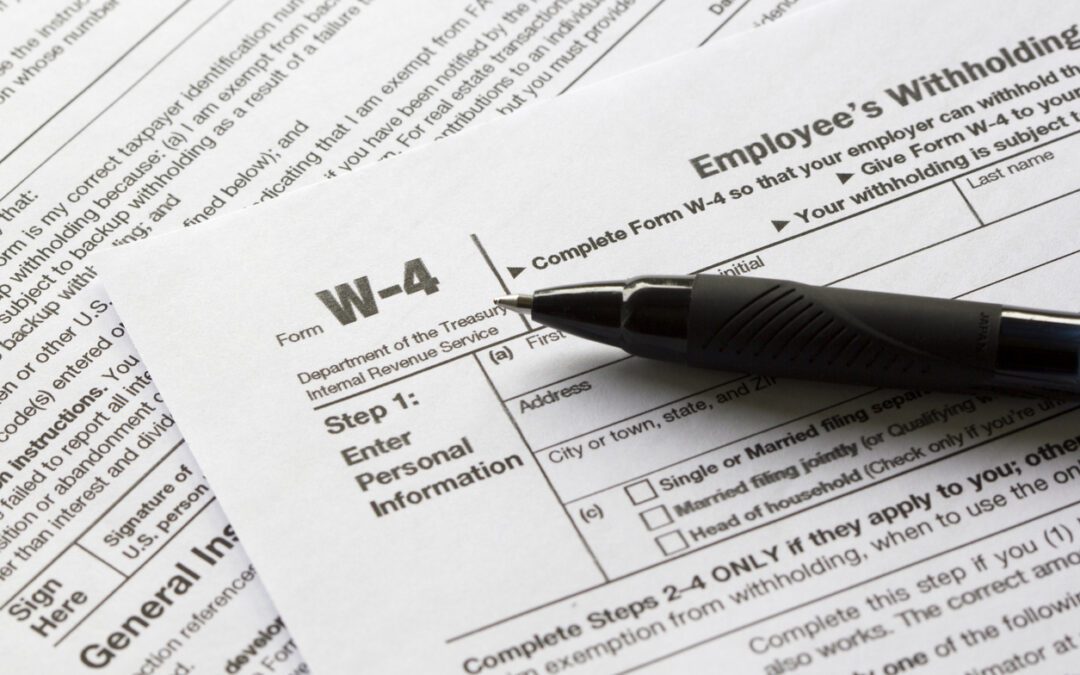
Eliminate anxiety of your financial situation.
No one tells you about the panic that sets in at some point in your 30s or 40s over your finances. It is the fear of being behind, even if you feel as if you have done everything right. Are you saving enough for retirement? Should you be investing in additional types of accounts? Do you have enough in savings? No matter how much you have saved, it never feels like it is enough. At this point, you are likely mid-career and comfortable with your earnings. Maybe you are a HENRY (high earner, not rich yet) or a DINKWAD (double income, no kids, with a dog). For some, the higher earnings may turn to higher spending requiring a stricter budget and for others it may amount to less efficient investment strategies or debt pay off that would benefit from a financial plan.
As a mid-career professional – we can help you:
- Create a financial plan, including a budget and savings plan
- Evaluate if you are saving enough for retirement and optimize your investment portfolio (including your 401k)
- Develop a diversified and balanced investment plan that matches your goals
- Take the first steps to creating an estate plan, or uncover any gaps in your current plan
- Evaluate if additional insurance (life, disability, umbrella, etc.) may be beneficial and if your current insurance coverage is adequate across the board
- Discover tax-saving strategies and optimize withholdings
- Prioritize debt (mortgage, student loans, credit cards, etc.)
- Take full advantage of your employee benefits
- Uncover how much you could afford to spend on a new home purchase (primary, secondary, or rental) and how the purchase would affect your budget
- Evaluate the effect of a career change
- Identify a financial roadmap to achieve your long-term goals
Ensure you're on track.
Work with an advisor to ensure you are taking all necessary steps to save for retirement, protect your loved ones, and minimize risk.
Questions Often Asked by Mid-Career Professionals
Should I invest in other investment accounts outside of my 401k for retirement?
Yes, if your finances allow and only after you have maxed out your 401k employer match (free money). Different types of retirement accounts have different rules that affect your future investment and tax situation. Qualified accounts (401k/403bs, traditional IRAs, etc.) force you to take distributions when you reach a certain age. These distributions are considered taxable income and treated as such on your individual income tax return. By spreading your investments across different types of accounts, you can potentially mitigate higher tax burdens later in life. Regular brokerage accounts only tax you on any gains. Roth IRAs are tax–free accounts which never require any distributions. Overall, it is important to evaluate your various accounts to optimize your future tax efficiency and achieve your long-term investment goals.
My company provides life and disability insurance. Do I need to purchase additional coverage?
While employers typically provide life and disability insurance, the amounts are usually not enough to cover a potential loss of income. When you think of life insurance, especially if you have a family, what amount would your family need to maintain financial security? With disability insurance, how much would you need to remain financially secure if something were to happen? Life and disability insurance are intended to replace lost income if something devastating were to occur. With this in mind, you want to consider how far your current coverage would get you or your family in the event it was necessary. Your advisor can help you evaluate your current coverage and how much supplemental coverage you may want to purchase.
At what point should I consider an estate plan?
An estate plan is intended to define how you want your assets to pass in the event of your death. With this in mind, an estate plan can be created as soon as you accumulate any assets or have specific wishes you would like followed. Assets can be as simple as a piece of jewelry or as complicated as multiple investment accounts. An estate plan becomes more critical if you are married, have kids, get divorced, buy a house, have health concerns arise, or achieve a significant amount in your investment portfolio that you wish to be distributed in a specific manner. Without an estate plan, your loved ones may not have easy access to your accounts in the event of your passing and may be subject to the probate court process. You also lose the ability to control how your assets are divided in the event of your passing. It is often worthwhile to create an estate plan as soon as you have assets that you wish to transition in a specific manner or family that you want to ensure are taken care of. At minimum, you should ensure your beneficiary information is listed and up to date on all of your accounts on a regular basis and following key life events.
Financial security in the present and throughout retirement.
Are you taking the right steps and saving enough for your future? Do you know how much you should be saving each month, if your 401k is optimized, and if there are any other investments you should be taking advantage of? Our team can review your financial situation, built out a financial plan, and help you gain confidence over your long-term financial security.
Articles Related to Mid-Career Professionals
Should I pay off my mortgage early?
A home mortgage is one of the most substantial debts that individuals carry. It can be tempting to pay off your mortgage early if you have the funds available, which can lead many individuals to debate if they should. Unfortunately,…
Am I having enough taxes withheld?
Filing your taxes can be a daunting task. This is especially true when you are not confident that you had enough taxes withheld from your paycheck throughout the year. If you have had too little taxes withheld, you could end…



